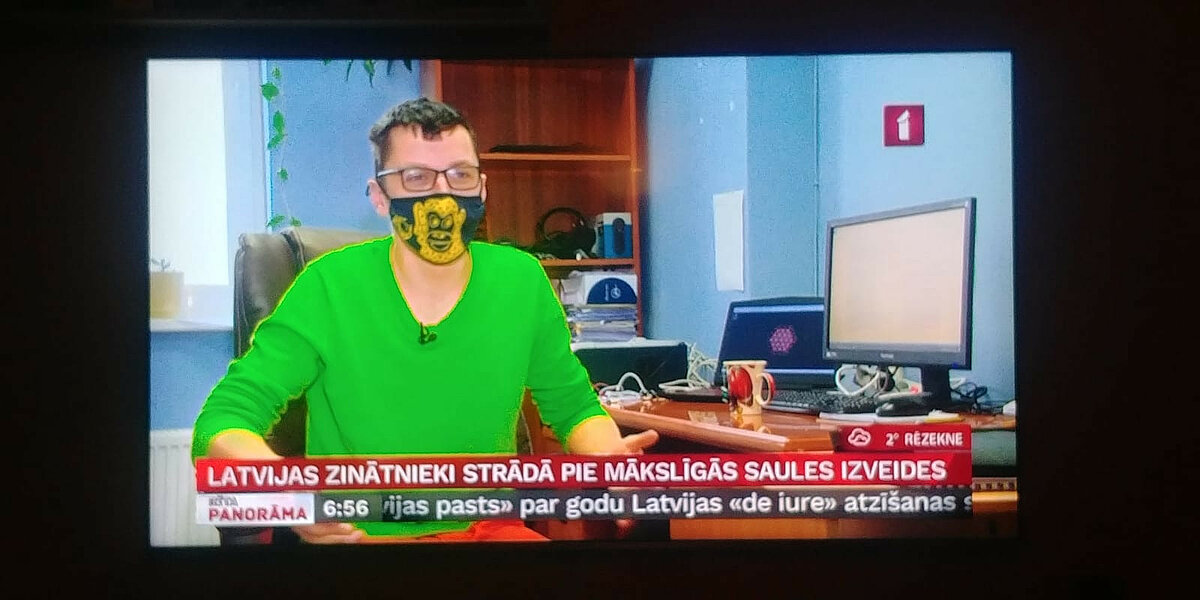
University of Latvia, together with Estonian colleagues, have conducted a major research last year in the field of nuclear fusion reactors, Latvian Television reported January 25.
An in-depth understanding and forecasting of the functional properties of modern materials in extreme radiation conditions. This is one of last year's most important achievements in science, according to the Latvian Academy of Sciences. The study involves a new type of fusion reactor that could provide the world with inexhaustible and almost free energy on earth in the future, creating an artificial “sun”.
Optical materials must be able to withstand all processes taking place in the reactor. Latvian scientists, together with their counterparts from Estonia, are investigating what happens when these materials are exposed to high temperatures. The resulting data helps to anticipate how the optical parts in the reactor will behave, help to maintain them in good condition and extend the lifespan of such materials.